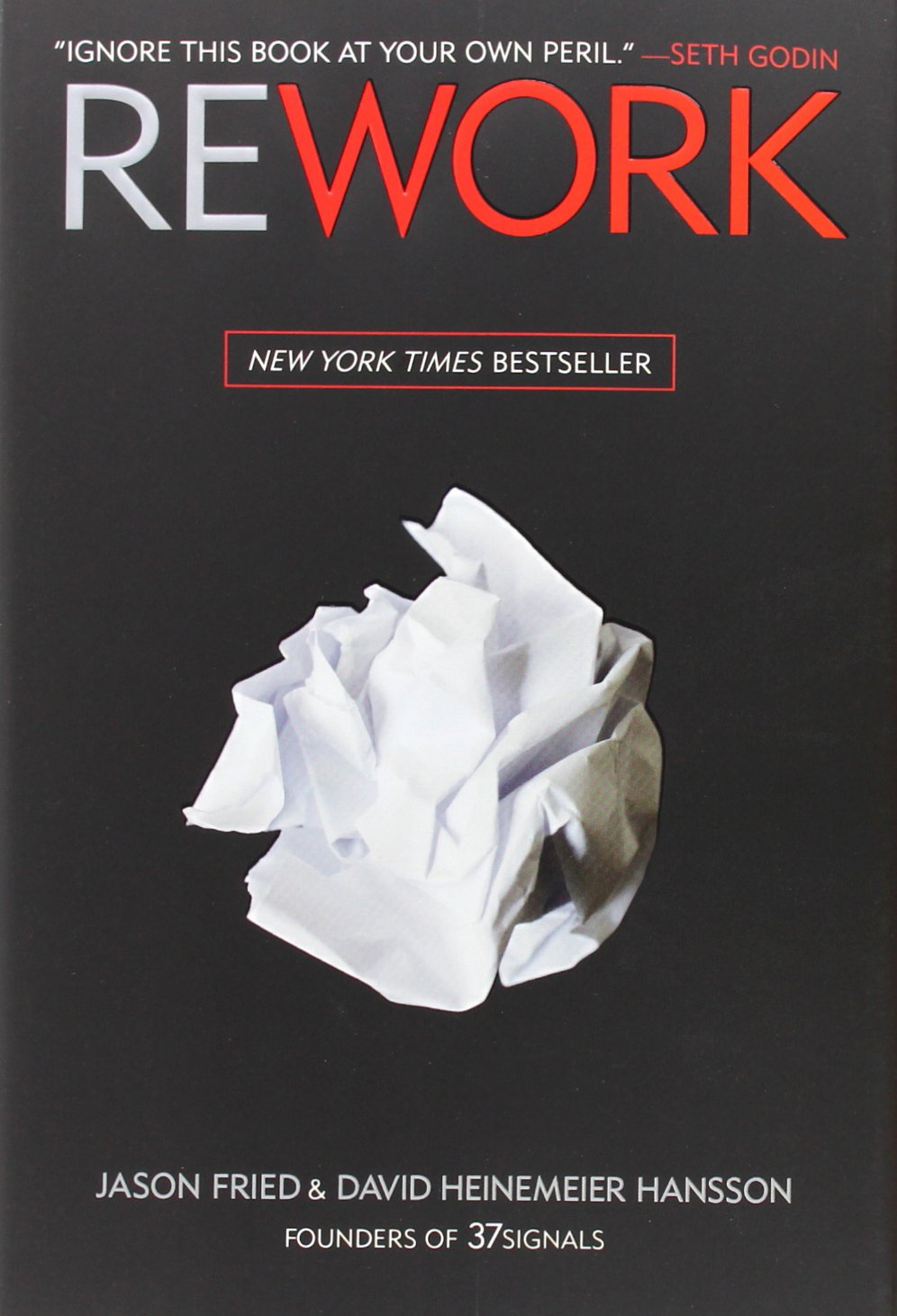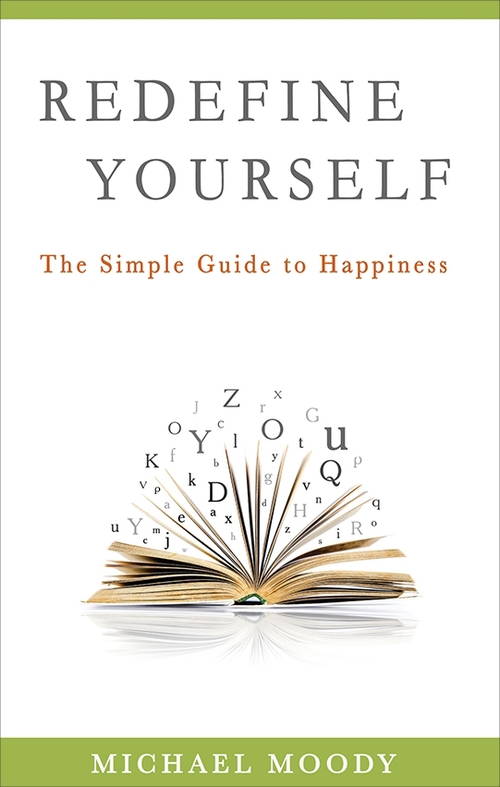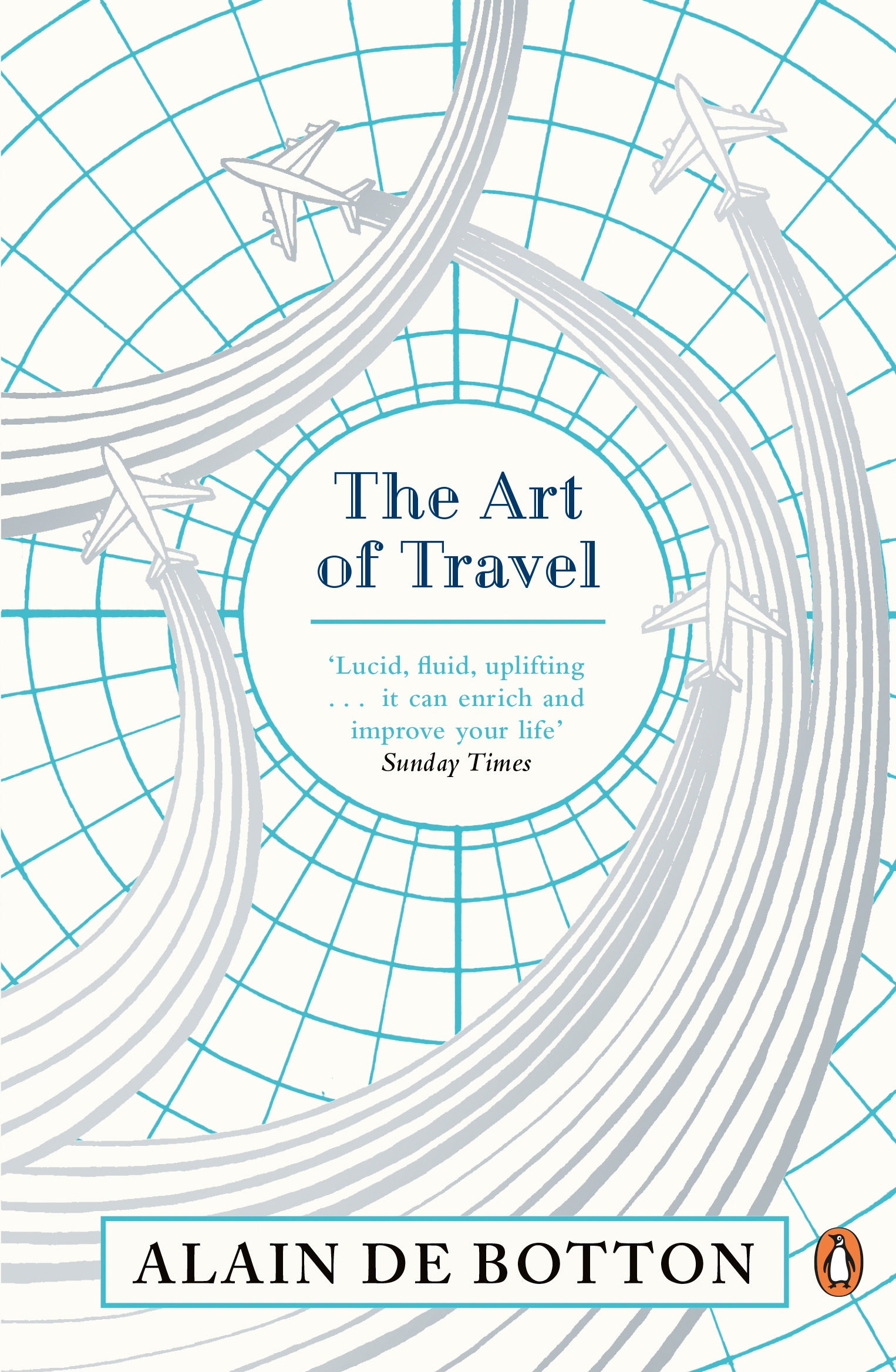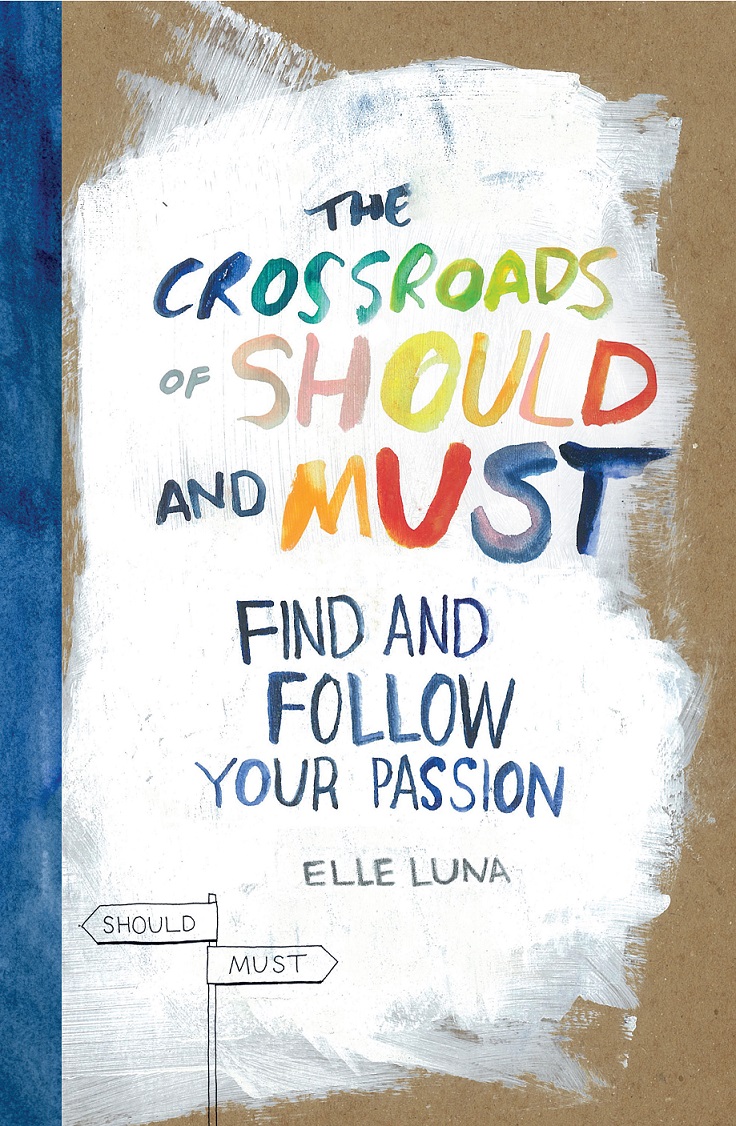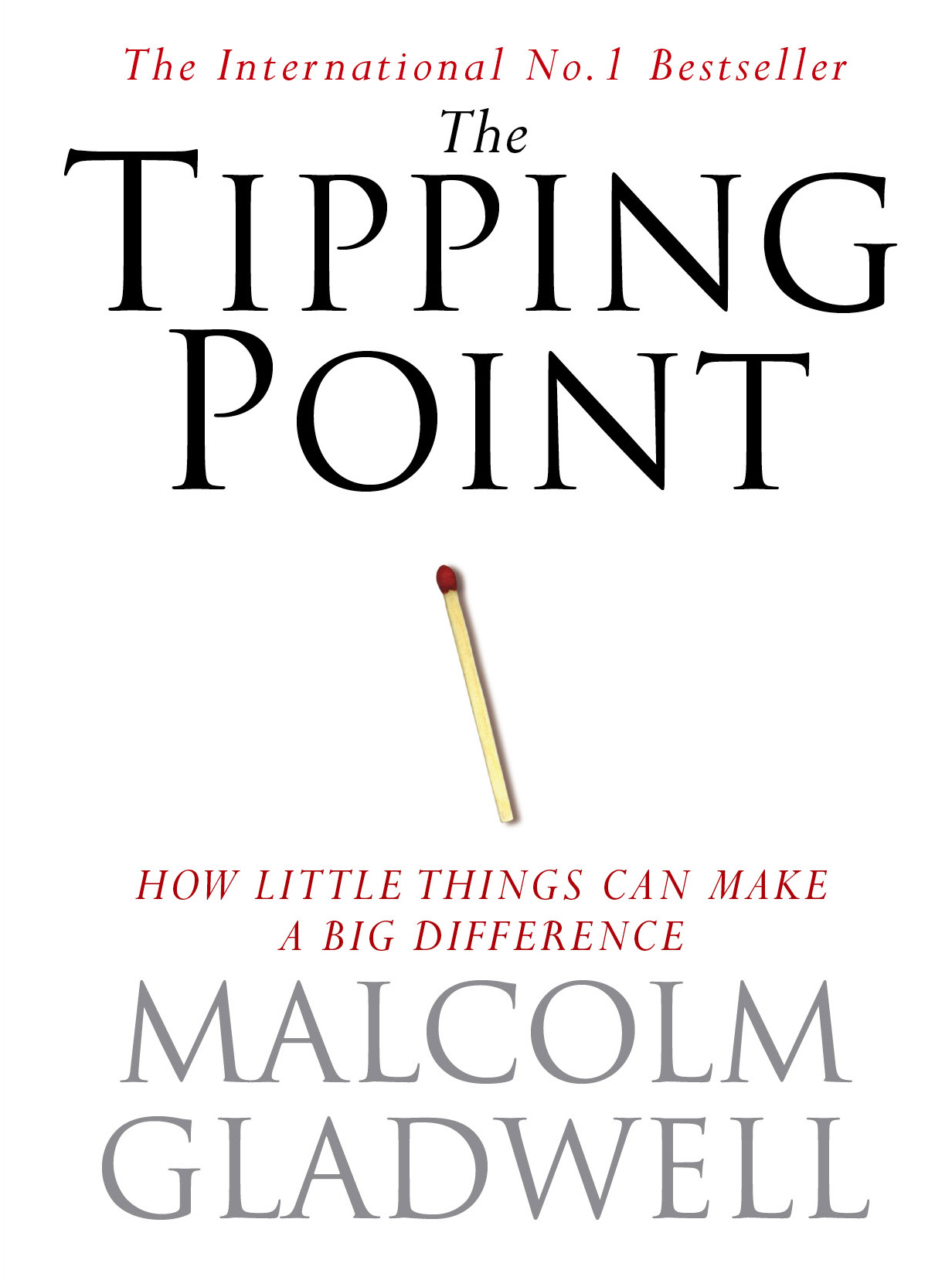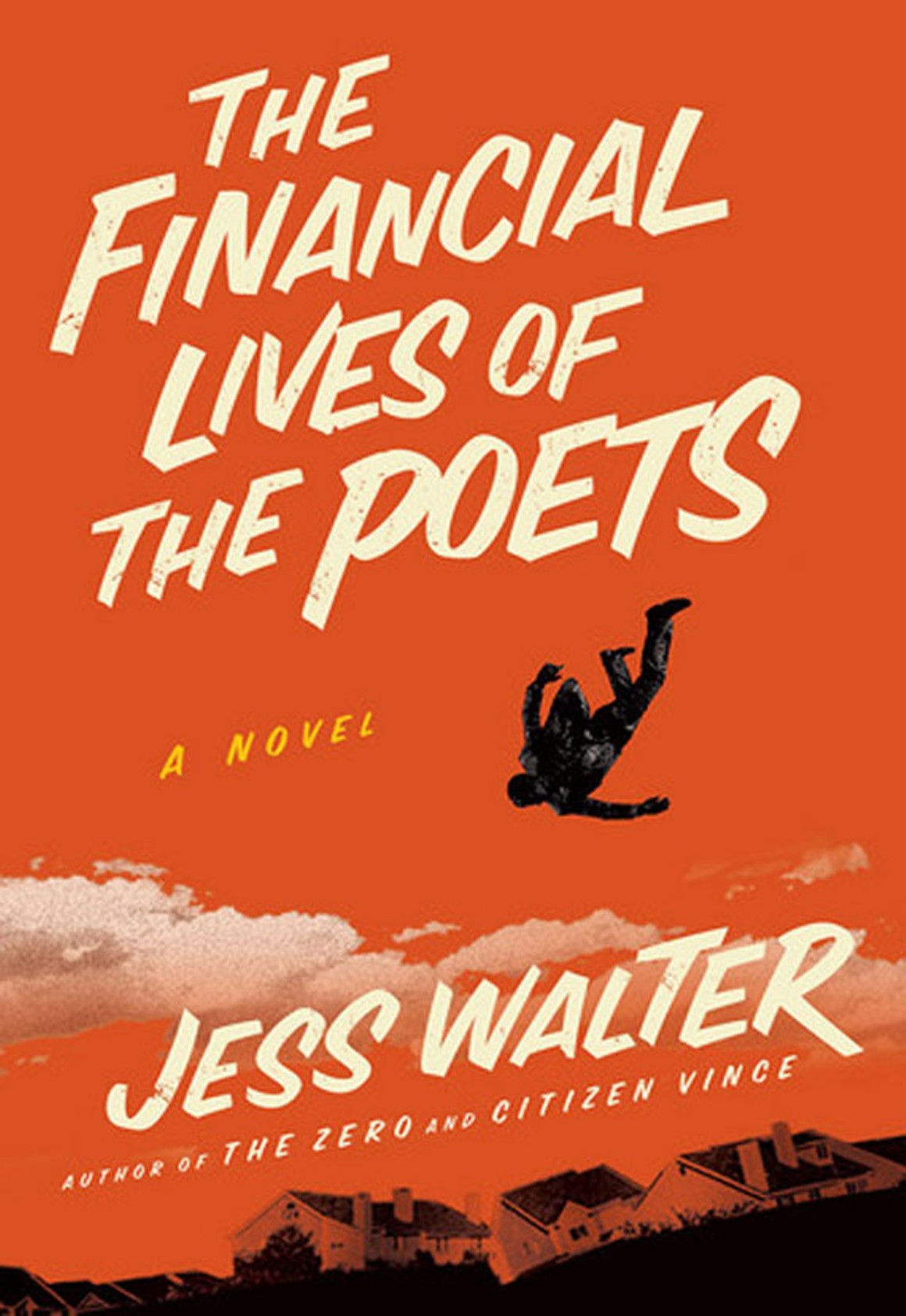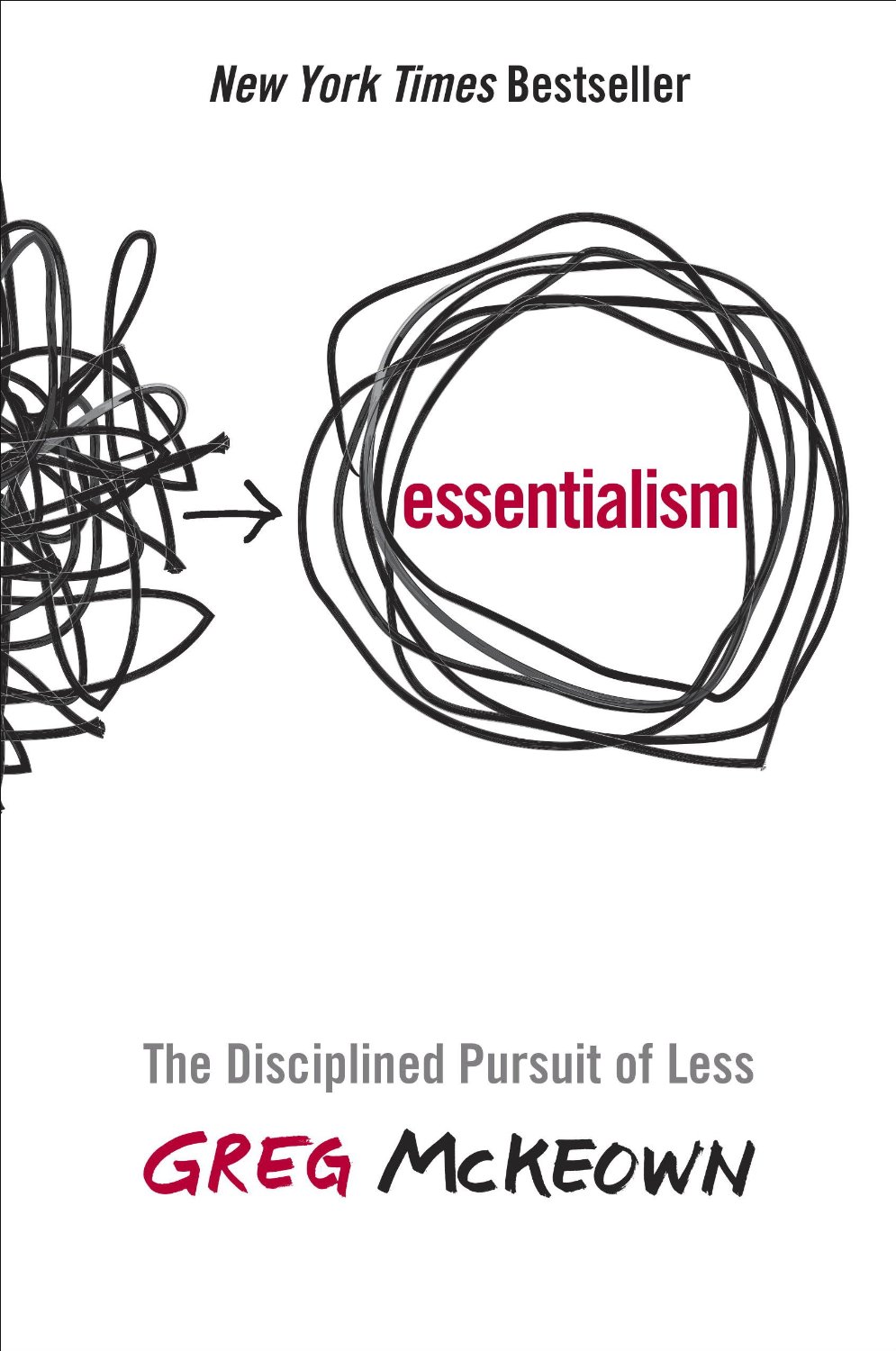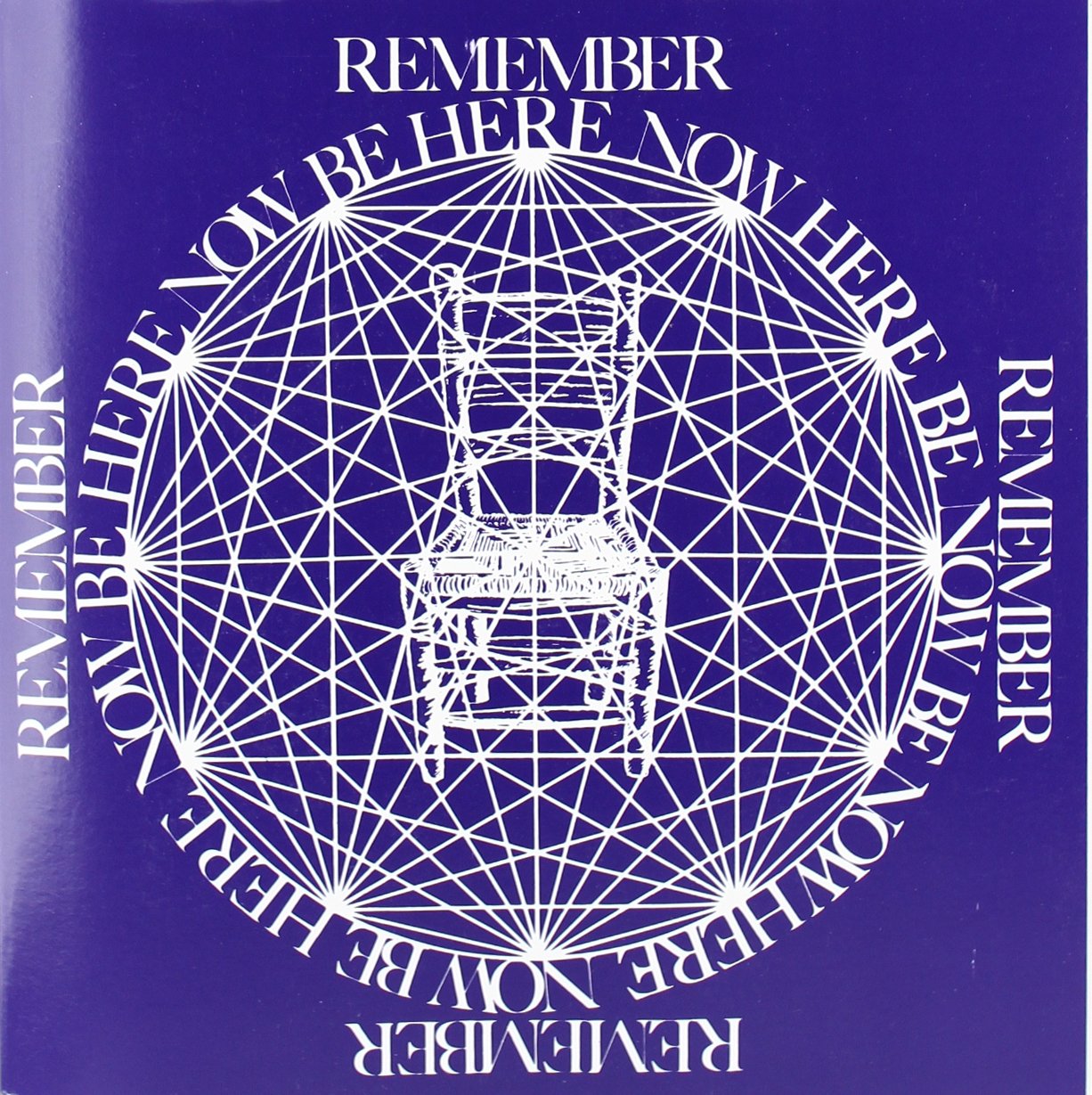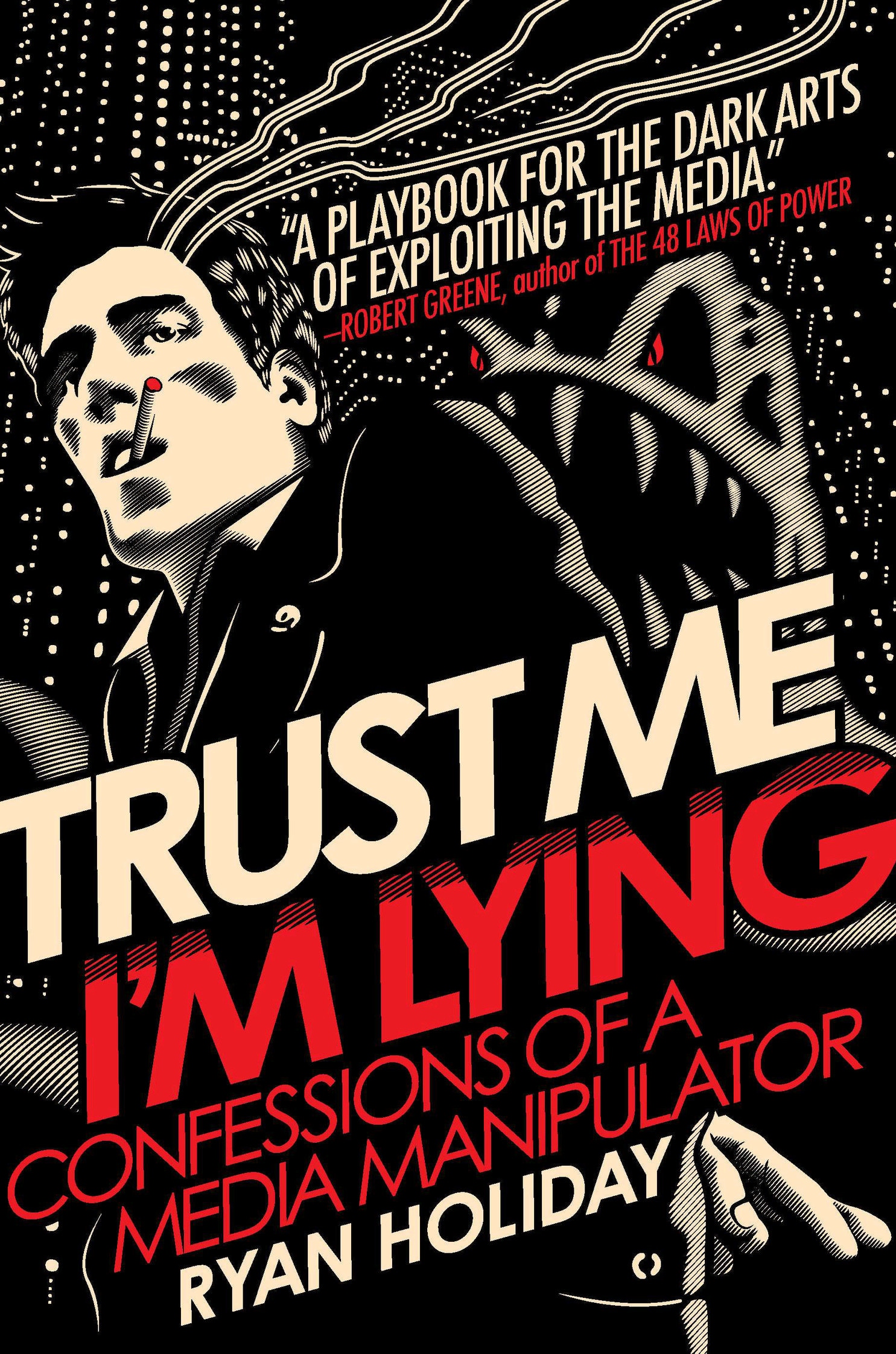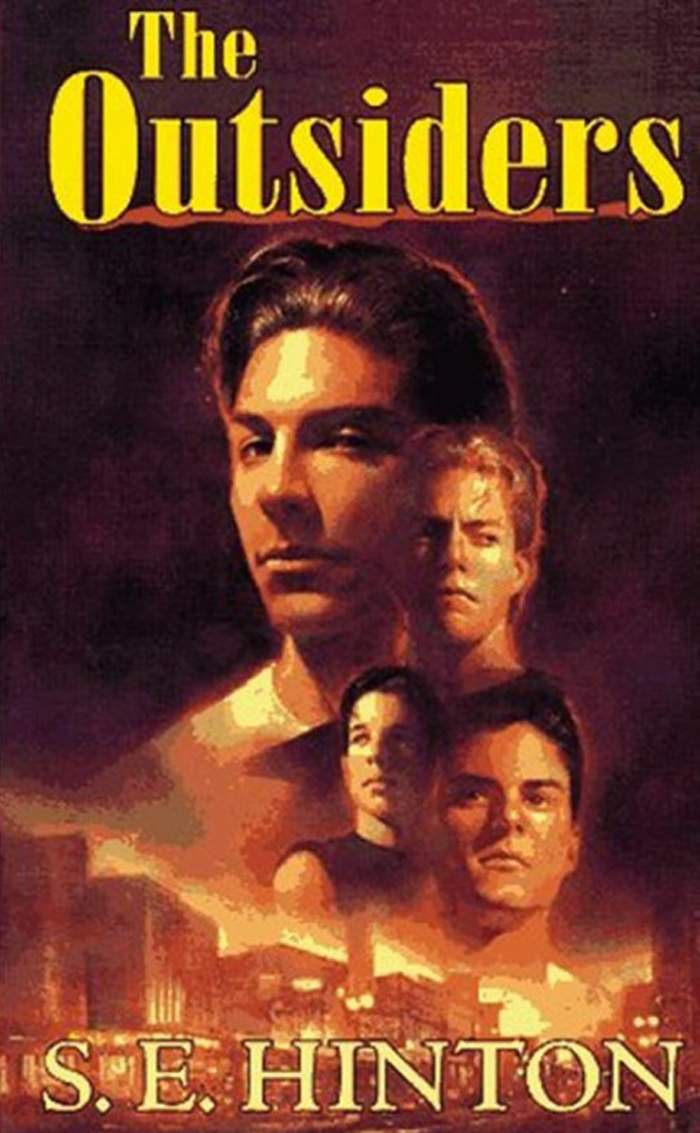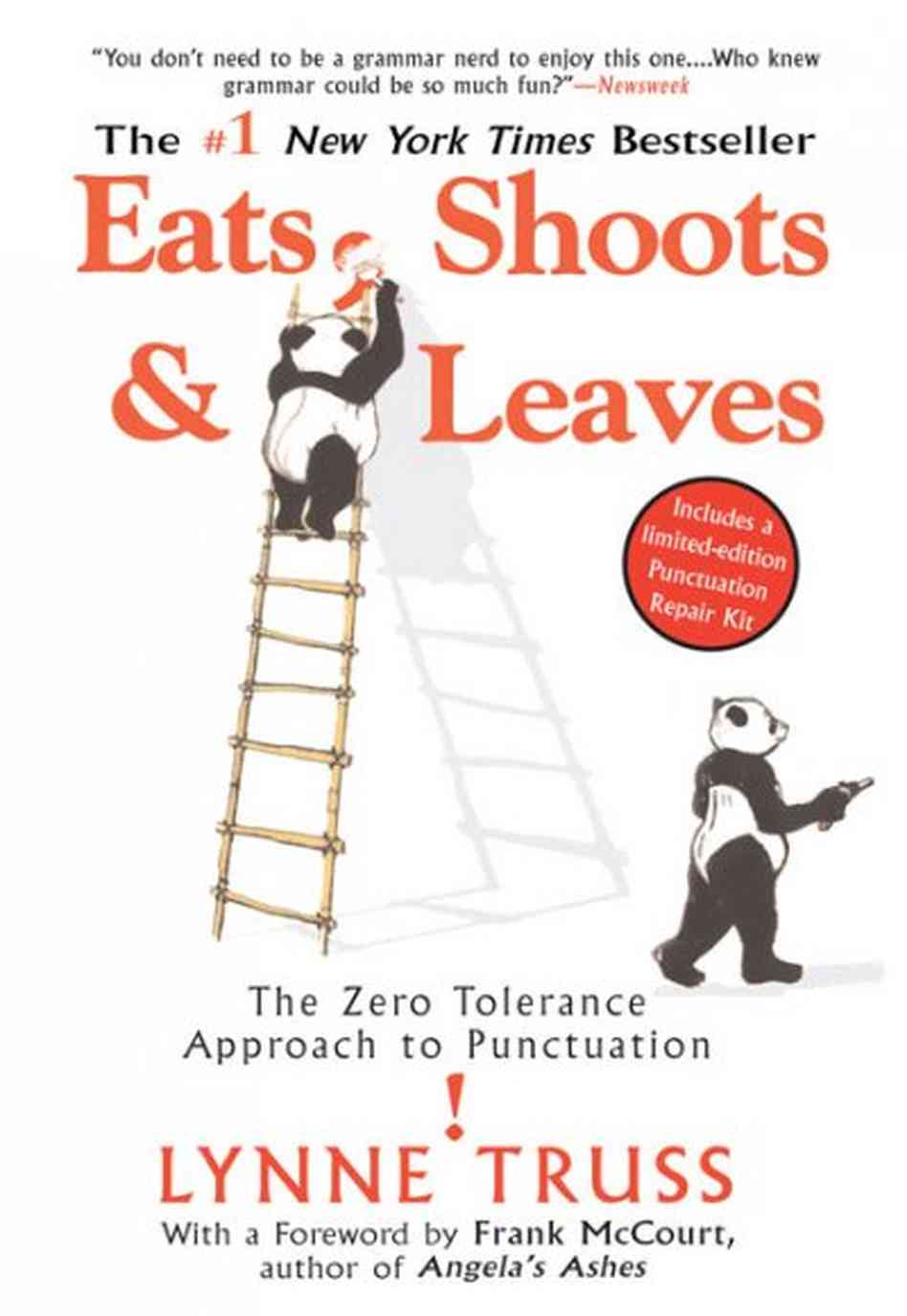Also check out my lists from 2012, 2013, and 2014. Credit to this old post of Julien Smith’s for the idea.
Every year I make it my goal to read at least 20 books, and thanks to ample travel time in 2015 I was able to hit that mark for the third year running.
As I read, I like to take notes in Evernote which can be anything from quotes, the main ideas of a chapter, to entire passages. I can then easily skim over these if I want to remind myself of a book’s message or if I need to find something I want to reference in my own writing.
It’s also fun for me every December to look back on these notes and share two of my favorite snippets or observations from each, and also possibly introduce to someone a new book they might enjoy. Text in italics is taken straight from the author:
Rework by Jason Fried
1. The real world isn’t a place, it’s an excuse. It’s a justification for not trying. It has nothing to do with you.
2. The startup is a magical place. It’s a place where expenses are someone else’s problem. It’s a place where that pesky thing called revenue is never an issue. It’s a place where you can spend other people’s money until you figure out a way to make your own. It’s a place where the laws of business physics don’t apply.
The problem with this magical place is it’s fairy tale. The truth is every business, new or old, is governed by the same set of market forces and economic rules. Revenue in, expenses out. Turn a profit or wind up gone.
Startups try to ignore this reality. They are run by people trying to postpone the inevitable, i.e., that moment when their business has to grow up, turn a profit, and be a real, sustainable business.
The Alchemist by Paulo Coehlo
3. Everyone seems to have a clear idea of how other people should lead their lives, but none about his or her own.
4. Now that I see how immense my possibilities are, I’m going to feel worse than I did before you arrived. Because I know the things I should be able to accomplish, and I don’t want to do so.
Redefine Yourself by Michael Moody
5. Editing a book is every bit as exhausting, exciting, and rewarding as writing one is.
6. When changing a habit, most people try to erase the whole formula and completely remove themselves from the habit (not just the bad routine but the cue and reward as well). Unfortunately, the reward and cue are too ingrained in us to simply extinguish. Even if we try to escape it, there may always be something in our environment that triggers your routine. We need to insert a new routine, keep the old cue and deliver the old reward.
Love In The Time Of Cholera by Gabriel Garcia Marquez
7. One night she came back from her daily walk stunned by the revelation that one could be happy not only without love, but despite it.
8. He was still too young to know that the heart’s memory eliminates the bad and magnifies the good, and that thanks to this artifice we manage to endure the burden of the past. But when he stood at the railing of the ship… only then did he understand to what extent he had been an easy victim to the charitable deceptions of nostalgia.
The Art of Travel by Alain de Botton
9. Nowhere is the appeal of the airport more concentrated than in the television screens that hang in rows from the terminal ceilings to announce the departure and arrival of flights, whose absence of aesthetic self-consciousness and whose workmanlike casing and pedestrian typefaces do nothing to disguise their emotional charge and imaginative allure. Tokyo, Amsterdam, Istanbul; Warsaw, Seattle, Rio…
The constant calls of the screens, some accompanied by the impatient pulsing of a cursor, suggest with what ease our seemingly entrenched lives might be altered were we simply to walk down a corridor and onto a craft that in a few hours would land us in a place of which we had no memories and where no one know our name. How pleasant to hold in mind through the crevasses of our moods, at three in the afternoon… that there is always a plane taking off for somewhere, for Baudelaire’s ‘anywhere! anywhere!’: Trieste, Zurich, Paris.
10. Why be seduced by something as small as a front door in another country? Why fall in love with a place because it has trams and its people seldom have curtains in their homes? However absurd the intense reactions provoked by such small (and mute) foreign elements may seem, the pattern is at least familiar from our personal lives.
There, too, we may find ourselves anchoring emotions of love on the way a person butters his or her bread, or recoiling at his or her taste in shoes. To condemn ourselves for these minute concerns is to ignore how rich in meaning details may be.
William Shakespeare’s Star Wars by Ian Doescher
(Who knew I would have such an affinity toward a modern adapation of something written in old English…)
11. [They shoot, Greedo dies.
[To innkeeper:] Pray, goodly Sir, forgive me for the mess.
[Aside:] And whether I shot first, I’ll ne’er confess! [Exeunt.”
12. Trooper: I prithee, speak, how long has thou these droids?
Luke: ‘Tis three, or mayhap four full seasons now.
Obi-Wan: We are prepar’d to sell them, should thou wish.
Trooper: Pray, show me now thy papers.
Obi-Wan: –Nay, thou dost
Not need to see his papers.
Trooper: –Nay, we do
Not need to see his papers.
Obi-Wan: True it is,
That these are not the droids for which thou search’st.
Thinking, Fast and Slow by Daniel Kahneman
13. If you care about being thought credible and intelligent, do not use complex language where simpler language will do. My Princeton colleague Danny Oppenheimer refuted a myth prevalent among undergraduates about the vocabulary that professors find most impressive. In an article titled “Consequences of Erudite Vernacular Utilized Irrespective of Necessity: Problems with Using Long Words Needlessly,” he showed that couching familiar ideas in pretentious language is taken as a sign of poor intelligence and low credibility.
14. Mutual funds are run by highly experienced and hard-working professionals who buy and sell stocks to achieve the best possible results for their clients. Nevertheless, the evidence from more than 50 years of research is conclusive: for a large majority of fund managers, the selection of stocks is more like rolling dice than like playing poker. At least two out of every three mutual funds underperform the overall market in any given year.
More important, the year-to-year correlation among the outcomes of mutual funds is very small, barely different from zero. The funds that were successful in any given year were mostly lucky; they had a good roll of the dice. There is general agreement among researchers that this is true for nearly all stock pickers, whether they know it or not — and most do not. The subjective experience of traders is that they are making sensible, educated guesses in a situation of great uncertainty. In highly efficient markets, however, educated guesses are not more accurate than blind guesses.
Galapagos by Kurt Vonnegut
15. Vonnegut invented the iPad and the internet before either existed (and featured it in this book).

16. “For some people, getting pregnant is as easy as catching cold.” And there certainly was an analogy there: colds and babies were both caused by germs which loved nothing so much as a mucous membrane.
It’s Not How Good You Are, It’s How Good You Want To Be by Paul Arden
17. Do not put your cleverness in front of the communication.
18. Do not try to win awards. Nearly everybody likes to win awards…they create glamour and glamour creates income. But beware. Awards are judged in committee by consensus of what is known. In other words, what is in fashion. But originality can’t be fashionable, because it hasn’t as yet had the approval of the committee. Do not try to follow fashion. Be true to your subject and you will be far more likely to create something that is timeless. That’s where the true art lies.
The Crossroads of Should and Must by Elle Luna
19. Picasso had incredible talent, but the secret to his genius was this—Picasso’s life blended seamlessly with his work: What he did was what he was. What he did was what he was.
What if who we are and what we do become one and the same? What if our work is so thoroughly autobiographical that we can’t parse the product from the person? What if our jobs are our careers and our callings? In this place, job descriptions and titles no longer make sense; we no longer go to work, we are the work.
20. So now what?
Just get up and work every day?
Yes.
Alone?
Most likely.
For what?
Unclear.
For whom?
Yourself.
For how long?
No one knows.
Why?
Because you’ve got to.
But what if I fail?
You will.
And then what?
You get to decide if you keep doing this.
Is this a bad idea?
There’s no such thing.
But what if it’s horrible?
Stop doubting. Start doing.
Will we have this conversation again tomorrow?
If you wish.
Where does it all lead?
Grab the nearest tool. Work. And in time, you will know.
The Tipping Point by Malcolm Gladwell
21. Part of the appeal of Jim Henson and the Muppets to the show’s creators, in fact, was that in the 1960s Henson had been running a highly successful advertising shop. Many of the most famous Muppets were created for ad campaigns: Big Bird is really a variation of a seven foot dragon created by Henson for La Choy commercials; Cookie Monster was a pitchman for Frito Lay; Grover was used in promotional films for IBM.
22. When two people talk, their volume and pitch fall into balance. What linguists call speech rate—the number of speech sounds per second—equalizes. So does what is known as latency, the period of lime that lapses between the moment one speaker stops talking and the moment the other speaker begins. Two people may arrive at a conversation with very different conversational patterns.
But almost instantly they reach a common ground. We all do it, all the time. Babies as young as one or two days old synchronize their head, elbow, shoulder, hip, and foot movements with the speech patterns of adults. Synchrony has even been found in the interactions of humans and apes. It’s part of the way we are hardwired.
The Financial Lives of the Poets by Jess Walter
23. I glance over at Jamie. He is unflappable, never looks confused, but also never seems to entirely grasp what is going on around him. Maybe he should be a writer.
24. He is at least 80 pounds lighter. The suburban sprawl that used to spill over his substantial belt has been zoned out of existence, and standing in front of me is a guy in size 33 Wranglers, craggy, gaunt and gray, like one of those aging Grand Ole Opry stars right before they die of lung cancer.
Essentialism by Greg McKeown
25. An editor is ruthless in making every word count. Instead of saying it in two sentences, can you say it in one? Is it possible to use one word where two are currently being used? There are two basic questions the editor should be addressing to the author: “Are you saying what you want to say?” and, “Are you saying it as clearly and concisely as possible?”
26. What if businesses eliminated meaningless meetings and replaced them with space for people to think and work on their most important projects? What if employees pushed back against timewasting e-mail chains, purposeless projects, and unproductive meetings so they could be utilized at their highest level of contribution to their companies and in their careers? What if society stopped telling us to buy more stuff and instead allowed us to create more space to breathe and think? What if society encouraged us to reject what has been accurately described as doing things we detest, to buy things we don’t need, with money we don’t have, to impress people we don’t like?
What if we stopped being oversold the value of having more and being undersold the value of having less? What if we stopped celebrating being busy as a measurement of importance? What if instead we celebrated how much time we had spent listening, pondering, meditating, and enjoying time with the most important people in our lives?
Escape Plan: Working on the Road by Nora Dunn
27. Traveling full-time can actually cost far less than it does to live in one place. This is due to a number of cost-saving factors, ranging from volunteering/working in trade for free accommodation, to using frequent flyer miles, spending time in places where the cost of living is cheaper (sometimes), and judiciously monitoring your spending (by not playing the tourist and treating your lifestyle as a vacation with tours, buying souvenirs, and other vacation-centric activities).
In general, you will find that the faster you travel, the more money you’ll spend, and the less time you’ll have to balance your work requirements with soaking in the ever-changing sights.
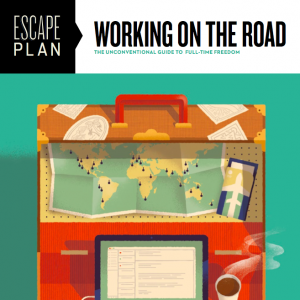
28. I carry a USB stick at all times with my pertinent information on it. Not only do I have digital photos of all my identification, but I also have important phone numbers, banking information, and passwords. It’s all encrypted, so if the USB stick goes missing, nobody can access this information without the master password.
Not only that, but I carry the USB stick in a special small pocket underneath my clothing, along with some local currency. It is a true last resort in case I lose absolutely everything.
Be Here Now by Jason Fried
29. So: I can do nothing for you but work on myself…you can do nothing for me but work on yourself!
30. And you finally understand, the message you communicate with another human being has nothing to do with what you say, it has nothing to do with the look of the musculature of your face, it’s much deeper than that. MUCH DEEPER!
IT’S THE VIBRATIONS THAT EMANATE FROM YOU
If your vibrations are paranoid, that’s what’s being received. And when you’re around pets (birds or cats particularly) or very young children or very flipped out psychotics they will know you immediately you can come and say ‘hello dear, how are you?’ and the dog will growl….you can’t come on because they’re listening to the vibrations that hand is reaching out and sending.
And then you realize:
That every moment you are being a full statement of your being, and you’re sending out vibrations that are affecting everything around you, which in turn is affecting everything that comes back. And when you meet somebody who is caught in the world of WE and THEM, and you are HIM to that person and you get caught in his mindset, you are both just intensifying one another’s paranoia
Trust Me, I’m Lying by Ryan Holiday
31. Here’s the cycle again:
- Political blogs need things to cover; traffic increases during election
- Reality (election far away) does not align with this
- Political blogs create candidates early; move up start of election cycle
- The person they cover, by nature of coverage, becomes actual candidate (or president)
- Blogs profit (literally), the public loses
It’s bloggers informing bloggers informing bloggers all the way down. This isn’t anecdotal observation. It is fact. In a media monitoring study done by Cision and George Washington University, 89 percent of journalists reported using blogs for their research for stories. Roughly half reported using Twitter to find and research stories, and more than two thirds use other social networks, such as Facebook or LinkedIn, in the same way.
32. You cannot have your news instantly and have it done well. You cannot have your news reduced to 140 characters or less without losing large parts of it. You cannot manipulate the news but not expect it to be manipulated against you. You cannot have your news for free; you can only obscure the costs.
If as a culture we can learn this lesson, and if we can learn to love the hard work, we will save ourselves much trouble and collateral damage. We must remember: There is no easy way.
Night Flight by Antoine de Saint-Exupery
33. “And yet,” Riviere observed on a subsequent occasion, “even though human life may be the most precious thing on earth, we always behave as if there were something of higher value than human life …. But what thing?”
34. “I tell you, Robineau, in life there are no solutions. There are only motive forces, and our task is to set them acting–then the solutions follow.”
The Outsiders by S.E. Hinton
35. It’s pronounced “so-sh” and not “sock” (like I was reading it in my head).
36. Not all books I missed out on in high school are worth going back and reading.
Eats, Shoots & Leaves by Lynne Truss
37. In humorous writing, the exclamation mark is the equivalent of canned laughter (F. Scott Fitzgerald – that well-known knockabout gag-man – said it was like laughing at your own jokes)
38. James Thurber was once asked by a correspondent: “Why did you have a comma in the sentence, “After dinner, the men went into the living-room?” And his answer was probably one of the loveliest things ever said about punctuation. “This particular comma,” Thurber explained, “was Ross’s way of giving the men time to push back their chairs and stand up.”
The Way of the Superior Man by David Deida
39. It’s easy to feel disappointed by life; success is never as fulfilling as you think it is going to be. But there is a reason for this. Successfully completing a lesser purpose doesn’t feel very good for very long, because it is simply preparation for advancing toward a greater embodiment of your deeper purpose. Each purpose, each mission, is meant to be fully lived to the point where it becomes empty, boring, and useless. Then it should be discarded. This is a sign of growth, but you may mistake it for a sign of failure.

40. Every man knows that his highest purpose in life cannot be reduced to any particular relationship. If a man prioritizes his relationship over his highest purpose, he weakens himself, disserves the universe, and cheats his woman of an authentic man who can offer her full, undivided presence.
The Zahir by Paulo Coehlo
41. Freedom is not the absence of commitments, but the ability to choose–and commit myself to–what is best for me.
42. I hear the applause, the theater is packed. I’m about to do the one thing that always gives me sleepless nights, I’m about to give a lecture.
The master of ceremonies begins by saying that there’s no need to introduce me, which is a bit much really, since that’s what he’s there for and he isn’t taking into account the possibility that there might be lots of people in the audience who have simply been invited along by friends.
Despite what he says, however, he ends up giving a few biographical details and talking about my qualities as a writer, the prizes I’ve won, and the millions of books I’ve sold.
He thanks the sponsors, turns to me, and the floor is mine. I thank him too. I tell the audience that the most important things I have to say are in my books, but that I feel I have an obligation to my public to reveal the man who lies behind those words and paragraphs.
I explain that our human condition makes us tend to share only the best of ourselves, because we are always searching for love and approval. My books, however, will only ever be the mountaintop visible in the clouds or an island in the ocean: the light falls on it, everything seems to be in its place, but beneath the surface lies the unknown, the darkness, the incessant search for self.
I describe how difficult it was to write A Time to Rend and a Time to Sew, and that there are many parts of the book which I myself am only beginning to understand now, as I reread it, as if the created thing were always greater and more generous than its creator.
I say that there is nothing more boring than reading interviews or going to lectures by authors who insist on explaining the characters in their books: if a book isn’t selfexplanatory, then the book isn’t worth reading. When a writer appears in public, he should attempt to show the audience his universe, not try to explain his books; and in this spirit, I begin talking about something more personal.
“Some time ago, I was in Geneva for a series of interviews. At the end of a day’s work, and because a woman friend I was supposed to have supper with canceled at the last minute, I set off for a stroll around the city. It was a particularly lovely night, the streets were deserted, the bars and restaurants still full of life, and everything seemed utterly calm, orderly, pretty, and yet suddenly…suddenly I realized that I was utterly alone.
“Needless to say, I had been alone on other occasions during the year. Needless to say, my girlfriend was only two hours away by plane. Needless to say, after a busy day, what could be better than a stroll through the narrow streets and lanes of the old city, without having to talk to anyone, simply enjoying the beauty around me. And yet the feeling that surfaced was one of oppressive, distressing loneliness—not having someone with whom I could share the city, the walk, the things I’d like to say.
“I got out my cell phone; after all, I had a reasonable number of friends in the city, but it was too late to phone anyone. I considered going into one of the bars and ordering a drink; someone was bound to recognize me and invite me to join them. But I resisted the temptation and tried to get through that moment, discovering, in the process, that there is nothing worse than the feeling that no one cares whether we exist or not, that no one is interested in what we have to say about life, and that the world can continue turning without our awkward presence.
“I began to imagine how many millions of people were, at that moment, feeling utterly useless and wretched—however rich, charming, and delightful they might be—because they were alone that night, as they were yesterday, and as they might well be tomorrow. Students with no one to go out with, older people sitting in front of the TV as if it were their sole salvation, businessmen in their hotel rooms, wondering if what they were doing made any sense, women who spent the afternoon carefully applying their makeup and doing their hair in order to go to a bar only to pretend that they’re not looking for company; all they want is confirmation that they’re still attractive; the men ogle them and chat them up, but the women reject them all disdainfully, because they feel inferior and are afraid the men will find out that they’re single mothers or lowly clerks with nothing to say about what’s going on in the world because they work from dawn to dusk to scrape a living and have no time to read the newspapers. People who look at themselves in the mirror and think themselves ugly, believing that being beautiful is what really matters, and spend their time reading magazines in which everyone is pretty, rich, and famous. Husbands and wives who wish they could talk over supper as they used to, but there are always other things demanding their attention, more important things, and the conversation can always wait for a tomorrow that never comes.
“That day, I had lunch with a friend who had just got divorced and she said to me: ‘Now I can enjoy the freedom I’ve always dreamed of having.’
But that’s a lie.
No one wants that kind of freedom: we all want commitment, we all want someone to be beside us to enjoy the beauties of Geneva, to discuss books, interviews, films, or even to share a sandwich with because there isn’t enough money to buy one each. Better to eat half a sandwich than a whole one. Better to be interrupted by the man who wants to get straight back home because there’s a big game on TV tonight or by the woman who stops outside a shop window and interrupts what we were saying about the cathedral tower, far better that than to have the whole of Geneva to yourself with all the time and quiet in the world to visit it.
“Better to go hungry than to be alone. Because when you’re alone—and I’m talking here about an enforced solitude not of our choosing—it’s as if you were no longer part of the human race.
“A lovely hotel awaited me on the other side of the river, with its luxurious rooms, its attentive employees, its five-star service. And that only made me feel worse, because I should have felt contented, satisfied with all I had achieved.
“On the way back, I passed other people in the same situation and noticed that they fell into two categories: those who looked arrogant, because they wanted to pretend they had chosen to be alone on that lovely night, and those who looked sad and ashamed of their solitary state.
“I’m telling you all this because the other day I remembered being in a hotel room in Amsterdam with a woman who was talking to me about her life. I’m telling you all this because, although in Ecclesiastes it says there is a time to rend and a time to sew, sometimes the time to rend leaves deep scars. Being with someone else and making that person feel as if they were of no importance in our life is far worse than feeling alone and miserable in the streets of Geneva.”
There was a long moment of silence before the applause.


